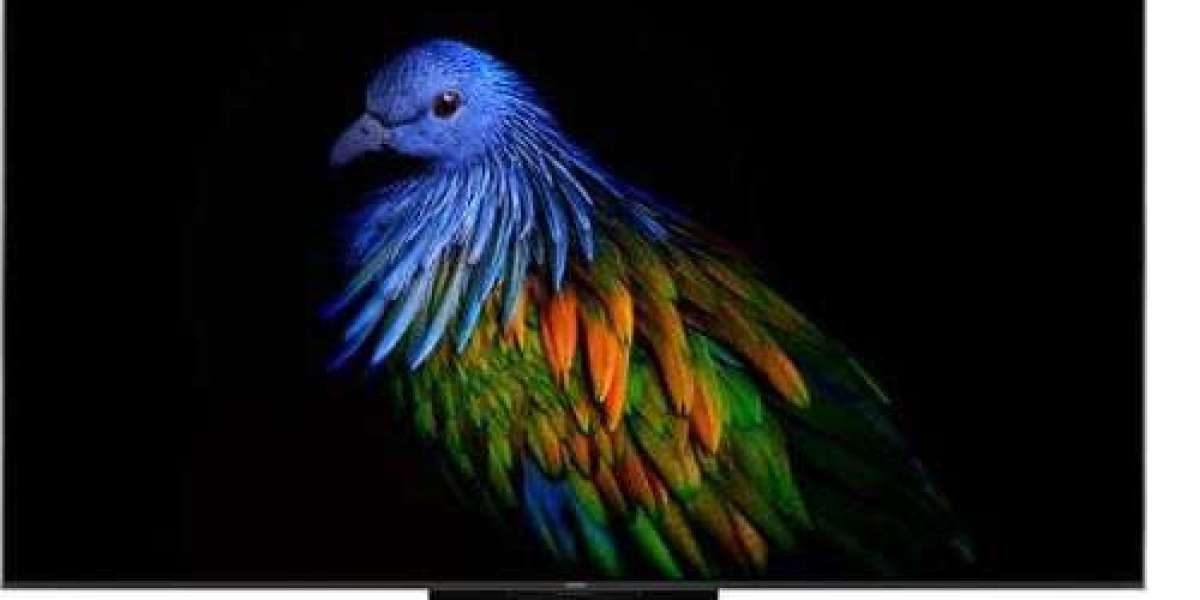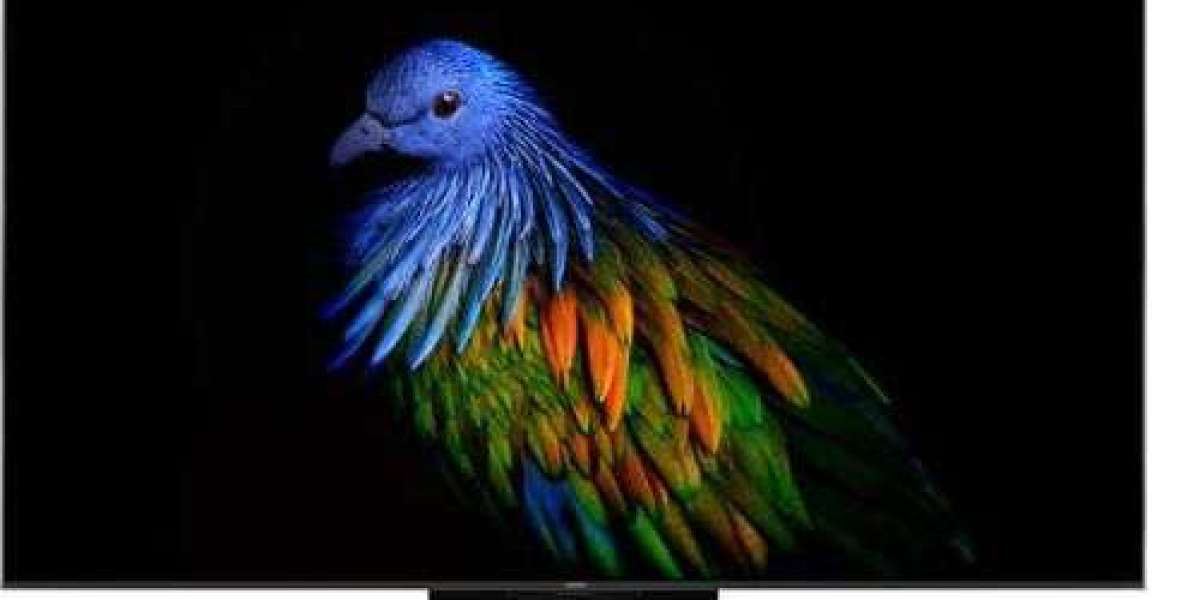I pulled together a concise market reference for the Phenolic Panel market: market size / growth ranges from recent reports, the leading companies (and what value they bring to the market), plus structured sections you requested (Recent developments, Drivers, Restraints, Regional split, Trends, Use cases, Challenges, Opportunities, and key expansion factors). I cite the most relevant market reports so you can follow up on any item.
This versatile research report is presenting crucial details on market relevant information, harping on ample minute details encompassing a multi-dimensional market that collectively maneuver growth in the global Phenolic Panel market.
This holistic report presented by the report is also determined to cater to all the market specific information and a take on business analysis and key growth steering best industry practices that optimize million-dollar opportunities amidst staggering competition in Phenolic Panel market.
Read complete report at: https://www.thebrainyinsights.com/report/phenolic-panel-market-12580
Quick market snapshot (consensus range)
Market size (recent estimates): reports vary — ~USD 2.4B (2024–2025) up to ~USD 4.1B (2024) depending on source and scope. Growth forecasts range from ~CAGR 6–9% through the late 2020s / early 2030s.
Key companies (what they contribute / their market value to the chain)
Below are major companies commonly listed across market reports for phenolic panels / phenolic laminate / phenolic resin supply chains, with a short note on their role (panel maker vs resin/chemical supplier) — these are the companies referenced most often in vendor/competitive sections of market reports.
Kaneka Corporation — phenolic resin supplier and specialty materials; strategic for high-performance panels.
Huntsman (Huntsman International LLC) — supplies resins & additives used in high-performance phenolic laminates.
Mitsui Chemicals / Sumitomo Chemical / DIC Corporation — large Japanese chemical groups that supply phenolic resins and intermediates used in panel manufacture.
Hexion Inc. — global resin supplier; relevant for large-volume phenolic resin feedstock.
Formica Group / Wilsonart / Arclin / Greenlam / Century Prowud (regional laminates & panel producers) — these companies appear in market supplier lists as major panel/laminate fabricators and regional HPL/phenolic panel producers (Formica/Wilsonart = global decorative & HPL; Greenlam & Century = large India/Asia players).
How to read “value” here: market reports usually separate (a) chemical/resin suppliers (value upstream) and (b) panel/laminate manufacturers (value-added downstream). If you need company revenue figures or market-share (%) for any of the companies above, I can pull firm-level financials next (note: those come from company financial filings or industry databases and are reported separately).
Recent developments (high-level)
Increased demand for fire-resistant, low-VOC, and durable interior/exterior panels in commercial and institutional construction has driven procurement of phenolic panels.
Consolidation among chemical suppliers and expanded capacity investments in Asia (China, India, Japan) to meet rising construction and transportation demand.
Drivers
Safety & regulation: demand for fire-retardant panels in public buildings, healthcare and education driving specification of phenolic panels.
Durability & performance: phenolic panels’ mechanical, chemical, and thermal resistance make them attractive for transportation, industrial and exterior cladding use.
Infrastructure & commercial construction expansion (EM/Asia growth, retrofit projects).
Restraints
Raw material price volatility (phenol/formaldehyde feedstocks) can squeeze margins and raise panel costs.
Environmental / regulatory pressure on formaldehyde/volatile emissions — compliance costs and substitute development impact manufacturers.
Regional segmentation analysis
Asia-Pacific: largest and fastest-growing region (China, India, Japan) — big manufacturing base + growing construction demand.
North America & Europe: mature demand, strong safety/regulatory standards (hospitals, transport, institutional buildings) — premium product demand.
Rest of World (LATAM, MEA): slower growth but rising infrastructure projects create opportunities.
Emerging trends
Sustainable phenolic systems: R&D into lower-emission resin systems and recycled content for “greener” phenolic panels.
High-performance composites integration: phenolic panels combined with specialty cores (honeycomb, mineral cores) for lighter, stronger panels in transport/aerospace.
Customization & decorative finishes: demand for HPL-style decorative phenolic panels for interiors (design + safety).
Top use cases
Commercial / institutional interiors (partitions, wall panels) — fire safety + durability.
Transportation & rail / bus interiors — lightweight, durable panels.
Exterior cladding & façade elements (where phenolic cores or treated surfaces are acceptable).
Industrial & laboratory surfaces (chemical/thermal resistance).
Major challenges
Feedstock volatility and supply chain disruptions (chemical raw materials).
Regulatory scrutiny on formaldehyde / emissions forcing reformulation or higher compliance costs.
Competition from alternative materials (mineral-based panels, modified HPLs, certain engineered composites).
Attractive opportunities
Retrofit & refurbishment market in developed regions (replacing older materials with safer, compliant phenolic panels).
Customization for commercial interiors (design-led phenolic HPL replacements) and transportation OEM partnerships (lightweighting).
Asia capacity expansions & exports — lower-cost manufacturing base to supply global markets.
Key factors of market expansion
Stringent fire & safety codes (driving replacement/specification).
Urbanization & commercial construction growth, especially in Asia-Pacific.
Product innovation (lower-emission resins, hybrid panels) enabling new applications.














